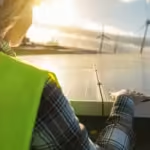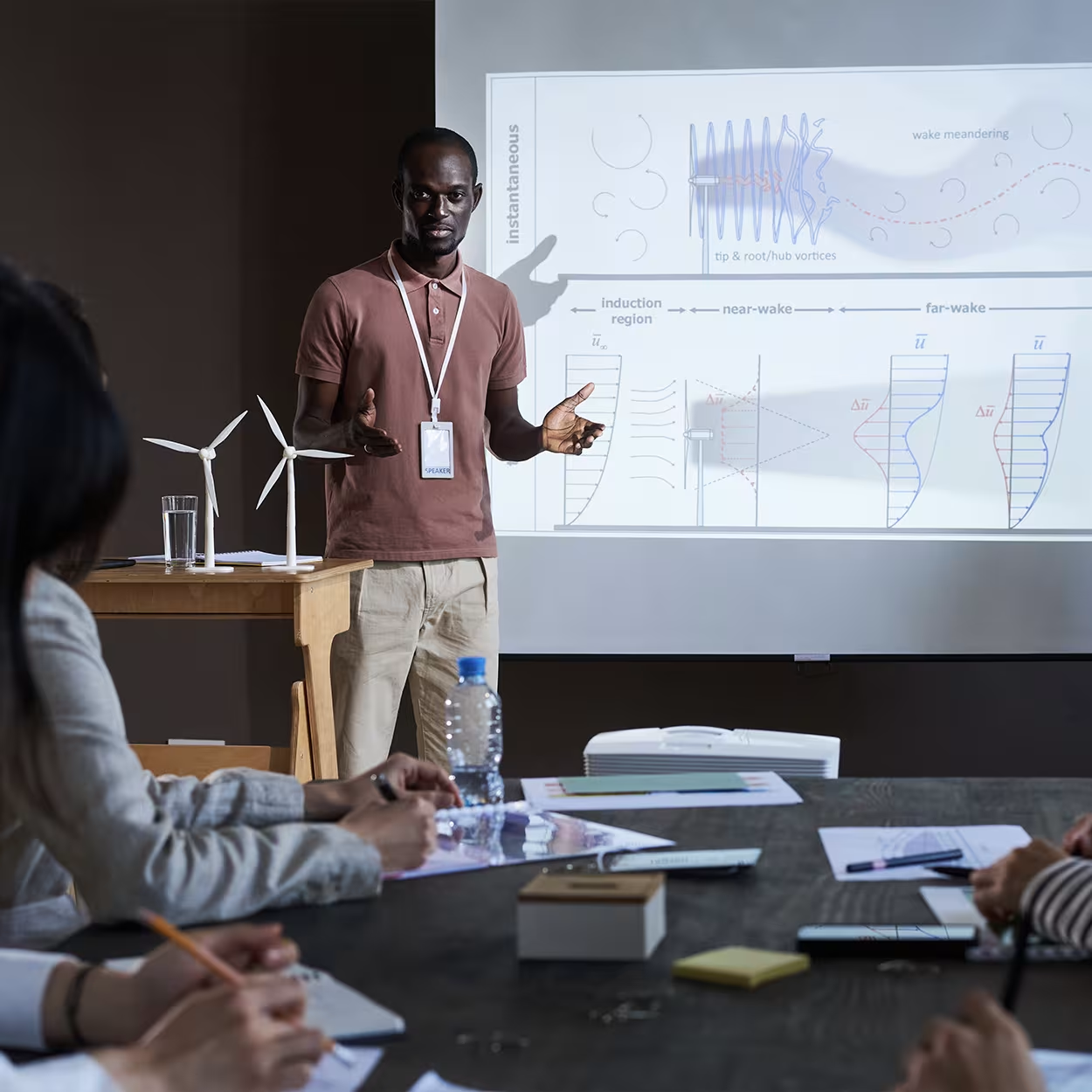Accelerating Stainless Steel Supply Chain Transformation through Renewable Energy Solutions
JSL Global is committed to a sustainable future with a Renewable Energy production capacity of 2 GW by 2030. This year, we’re working towards integrating 282 MW of hybrid renewable power into our operations, supporting the production of 3 million tonnes of green stainless steel per annum. This initiative reduces our carbon footprint and ensures compliance with the EU’s upcoming Carbon Border Adjustment Mechanism (CBAM), set to take full effect in 2026.

As the stainless steel industry moves towards greener operations, JSL Global is leading by example with a robust commitment to sustainable energy. We have taken significant steps to reduce the environmental impact of our production processes by integrating 282 MW of hybrid renewable energy. This renewable power will fuel our production of 3 MT/PA of stainless steel, substantially contributing to reducing our overall carbon emissions.
This transition aligns with JSL Global’s mission to decarbonize operations and prepares us for the European Union’s Carbon Border Adjustment Mechanism, which will impose stricter regulations on imported goods based on their embedded carbon emissions. JSL Global is positioning itself to meet these regulations well before its 2026 implementation.
The Challenge: Energy-Intensive Stainless Steel Production and Rising Carbon Standards
Stainless steel manufacturing is energy-intensive, particularly during critical stages such as melting and alloying. Traditionally, these processes have relied on fossil fuels, contributing significantly to greenhouse gas emissions. Traditional energy sources not only contribute to higher carbon emissions but also expose the industry to volatile energy prices and supply disruptions. As global regulations tighten and carbon standards rise, producers face mounting pressure to reduce their environmental impact. Additionally, the European Union’s CBAM regulations, designed to ensure a level playing field for both EU and non-EU producers, require foreign suppliers like JSL Global to pay for carbon emissions embedded in products exported to Europe.
Meeting these evolving demands calls for a shift towards cleaner, more sustainable energy solutions that can balance both productivity and environmental responsibility. This transformation is crucial for the long-term viability and competitiveness of the sector. To maintain market competitiveness and sustainability, we recognized the need to strategically invest in cleantech solutions.
The Solution: 282 MW Hybrid Power for Green Stainless Steel Production
JSL Global has implemented a solution that directly addresses both energy demands and carbon emission challenges. By utilising 282 MW of hybrid renewable power, combining wind and solar energy, we are significantly reducing the carbon emissions associated with stainless steel production. This clean energy initiative will cover the energy consumption required for key production stages, ensuring consistent, eco-friendly operations.
Our renewable energy strategy includes:
• A diversified energy mix to optimise efficiency and ensure a steady supply of clean power.
• Reliable, continuous energy for round-the-clock production, reducing reliance on fossil fuels.
• Proactive alignment with CBAM regulations, reducing the need for carbon credits and external compensation.
The Impact: Meeting Sustainability Goals and Regulatory Compliance
By integrating renewable energy into our portfolio of services and solutions, we are enabling the industry to reduce its carbon footprint, enhance operational efficiency, and lower energy costs. This shift not only supports global sustainability goals but also strengthens the competitiveness of our clients by providing greener, more reliable energy sources throughout the production process. Our commitment to renewable energy drives innovation ensures compliance with environmental regulations and fosters long-term growth for the entire stainless steel ecosystem.

JSL Global’s transition to hybrid renewable power is set to deliver multiple benefits for our operations and customers:
The use of wind and solar energy will lower our carbon emissions, supporting JSL Global’s commitment to a cleaner, greener future.
With the EU’s CBAM regulations coming into full effect in 2026, JSL Global is positioned to meet the necessary standards for exporting to Europe, ensuring smooth trade relations without the burden of paying for embedded carbon.
In addition to environmental benefits, this transition will help reduce long-term energy costs, insulating JSL Global, our customers, and partners, from the volatility of fossil fuel markets.
With renewable energy covering key production stages, JSL Global ensures a reliable, eco-friendly supply chain, supporting sustainable operations and strengthening our global competitiveness.
JSL Global’s commitment to a green future goes beyond meeting today’s challenges. By embedding sustainability and innovation into our operations, we are securing long-term success while contributing to a cleaner world.
